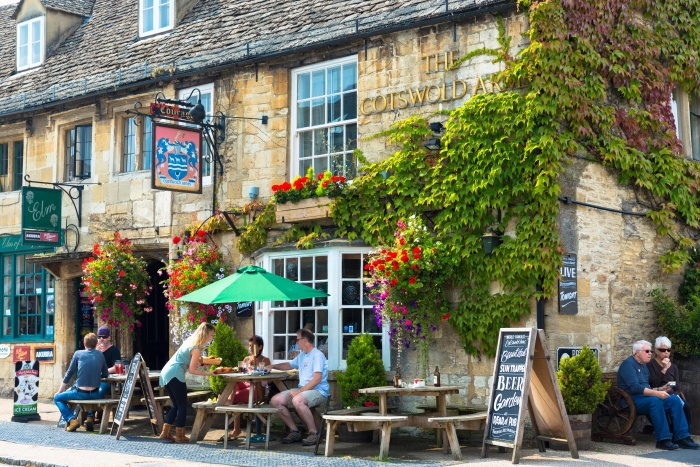
Consultants at EY have moved to pour cold water on expectations of a quick recovery in the UK hospitality sector today.
As a number of small steps are taken as part of the reopening, including pubs welcoming guests to outdoor seating, the latest EY Future Consumer Index suggested any meaningful uptick in demand could still be months away.
The recent survey of over 1,000 UK consumers found 37 per cent are planning on spending more on out-of-home recreational services versus 26 per cent in October.
Meanwhile, 43 per cent plan on spending more on a holiday post-Covid-19, up from 31 per cent in October.
However, almost two-thirds of those surveyed feel uncomfortable going to a bar or pub, up from 52 per cent in October, while more than half (57 per cent) feel uncomfortable with eating in a restaurant, up from 37 per cent in October.
Over half believe the virus will only stop affecting their daily lives after most of the population is vaccinated.
This suggests that the big ‘unlock’ in consumer behaviour may come later in the summer once most of the vaccination programme is due to be completed.
Christian Mole, EY UK&I head of hospitality and leisure, commented: “Pent-up consumer demand will likely lead to an initial increase in activity, but many hospitality and leisure operators may need to prepare for a potential drop-off and then a slower build through the summer.
“We expect to see particularly strong trade for businesses serving domestic travel demand, given the significant consumer appetite for holidays while restrictions on foreign travel remain.
“Market-wide hotel occupancy data from 2020 showed a significantly above average performance in the summer and early autumn by cities with strong domestic travel demand, such as Inverness, Plymouth and York.”
He added: “Conversely, city centres will continue to be affected by the lack of both overseas tourism and business-related hospitality and travel activity.
“The extent and rate of recovery in these areas is uncertain, and we expect comparatively reduced occupancies to continue for hoteliers and lower footfall in pubs and restaurants for at least the medium term, as commuter volumes remain below pre-pandemic levels.”
The Index found that nearly a quarter (24 per cent) of respondents expect to work from home more often in the longer term, and a fifth (20 per cent) expect to travel less for work.
EY’s research shows that the consumer appetite to return to hospitality and leisure venues is not driven by health and safety concerns alone.
It is also partly affected by expectations that the customer experience will take time to return to normal.
According to the index, the majority (69 per cent) of consumers expect it will take months or longer before restaurants or bars return to normal, while 42 per cent expect their experience of eating out will worsen in the long term.
Andy Fyffe, EY UK&I beverages and pubs leader, added: “Outdoors-only service will be a challenge for many operators due to lack of suitable space and the weather-dependent nature of business.
“Therefore, a majority of businesses are choosing to delay reopening until May when indoors service is expected to be able to resume.
“However, as long as social distancing measures remain in place, most hospitality businesses will be unable to operate at capacity and many will find it challenging to reach pre-pandemic levels of profitability.”
Image: Tim Graham / Alamy Stock Photo
EY warns hospitality rebound could be some months away | News
